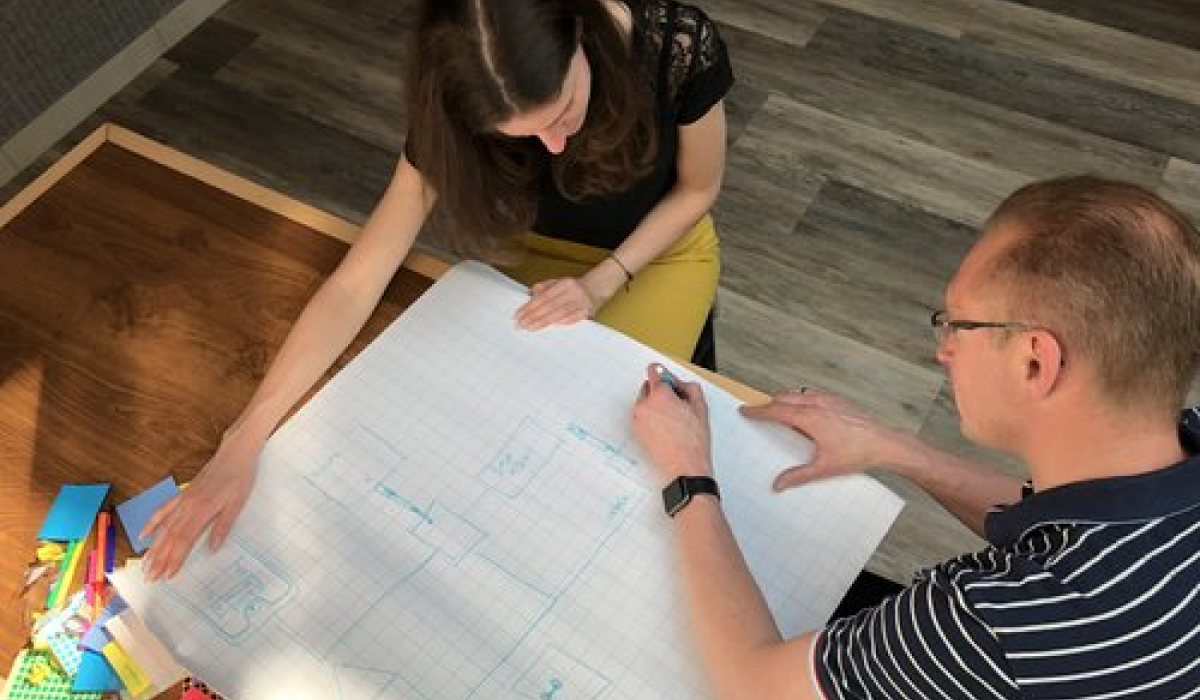Is a product without a function a bad proposition? Not necessarily!
Who buys a product that can’t do anything functionally? Nobody, right? Well, me anyway. Last week I bought ‘The Useless Box’, a brilliantly useless box that does almost nothing. Then again, I must say: this is a great value proposition!
I had a great laugh and I discovered it was a perfect conversation starter during an introductory meeting I had recently.
What makes a good proposition?
A good proposition is a proposition that is valuable, profitable and unique (also check out our blog what is a proposition?).
Profitable
This box is certainly profitable, I paid no less than 29 dollars. And if you look at the inside, the costs were no more than €7.50. You do see quite a few counterfeit boxes, because unfortunately this product is very easy to copy. That is why the box must have been much more profitable in the beginning than it is now.
Unique and distinctive
The Useless Box is certainly unique and distinctive. I don’t know of any other product that does this. Do you? A good way to make your proposition unique and distinctive is to compare the selling points of your proposition with those of your competitors. Think of competitors in the broadest sense. Pathé is not only a competitor of Euroscoop, but also of Netflix, a good book, a concert or another way to spend the evening.
Valuable
Yes, definitely, this proposition is also valuable for users, because it adds something on a social and emotional level. It makes me happy and it gets me talking to others.
A proposition is more than the function of a product
Of course you only buy a product or service if it does something valuable for you, it is functional or yields something. But in a world where distinguishing yourself is becoming increasingly difficult and we have at least three types of solutions for almost all problems, this means that in addition to the functional aspect of a proposition, the emotional and social aspect is becoming increasingly important.  It is therefore valuable to look beyond just the function of your product or service. But how do you do that?
It is therefore valuable to look beyond just the function of your product or service. But how do you do that?
Going through the 3 Proposition Hero phases below can help:
- Understand: Put yourself in the shoes of the person who should buy your solution. This can easily be done by having a conversation or spending a day with someone! In addition to the functional requirements, also look for what he or she wants to achieve on an emotional or social level. A good understanding of your customer’s needs is half the battle.
- Create: When you create the proposition, make sure that you incorporate the most important emotional and social wishes into your product. For example, a Rolex tells the rest of the world that the wearer is successful or at least has enough money. Oh yes, and it also tells the time.
- Test: Before you spend money on launching a new product, it is essential to test first. For testing, you can perfectly use the 3 essential components of a good proposition.
If one of the components is not good enough yet, then there is still work to be done! Checkout innovation using Design Thinking if you want to know more.






